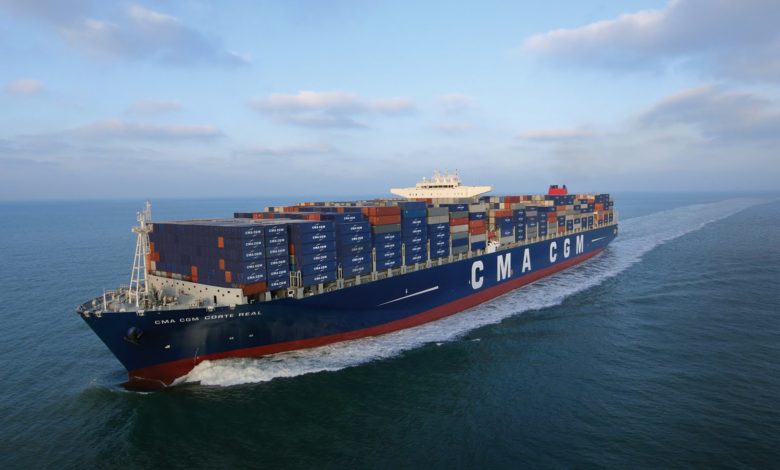MSC and CMA CGM follow Maersk’s lead in readying sulphur cap surcharges

Having let Maersk take the brunt of shippers’ ire for the past week, the world’s second and third largest container shipping lines have now also revealed how they intend to get customers to pay for their sulphur cap compliance.
Mediterranean Shipping Company (MSC) said it will introduce a new Global Fuel Surcharge from January 1 next year, a year ahead of the IMO-mandated global sulphur cap kicking in. Like Maersk, MSC said the cost of the fleet adjustment to meet the criteria of the sulphur cap would set the line back more than $2bn.
MSC did not reveal too many details about its new surcharge, stating that it will replace existing bunker surcharge mechanisms and will reflect a combination of fuel prices at bunkering ports around the world and specific line costs such as transit times, fuel efficiency and other trade-related factors. Further details will be provided in due course, MSC said in a release yesterday.
CMA CGM, meanwhile, yesterday quantified how much the sulphur cap was costing per box moved, stating that the fleet changes it was making to be compliant was costing an average $160 per teu.
“This additional cost will be taken into account through the application or adjustment of fuel surcharges on a trade-by-trade basis,” the French line stated in a release.
“[W]e will inevitably have to review our sales policy regarding fuel surcharges,” warned Mathieu Friedberg, senior vice president at the Marseille-headquartered line.
Eight days ago, Maersk became the first liner to announce a Bunker Adjustment Factor (BAF) surcharge, which will come into effect from January 1 next year. The new BAF replaces Maersk’s current Standard Bunker Adjustment Factor (SBF) surcharge and consists of two key elements; the fuel price which is calculated as the average fuel price in key bunkering ports around the world, and a trade factor that reflects the average fuel consumption on a given trade lane as a result of variables like transit time, fuel efficiency and trade imbalances between head haul and backhaul legs.
Maersk faced a torrent of criticism from shippers around the world for the way it has gone about getting clients to pay for its sulphur cap.
The latest body to voice concern about the bunker levies is the Global Shippers Forum (GSF), which stated in a release yesterday it feared a “sulphur stitch-up”.
James Hookham, GSF secretary general, said: “Asking customers to contribute to new environmental costs is to be expected, but this charge lacks transparency; no data is available to let customers work out how the charge has been calculated. Given historical experiences with surcharges, shippers are naturally suspicious over something shipping lines say is ‘fair, transparent and clear’. GSF will be taking this piece of financial engineering apart piece by piece as we suspect this has more to do with rate restoration than environmental conservation.”
